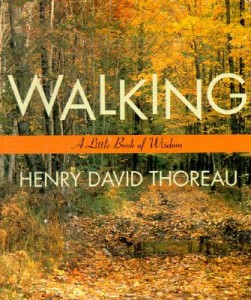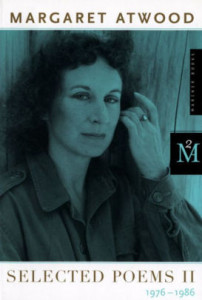Thoreau first gave this talk in 1851 at the Concord Lyceum and continued to work on it afterwards. It was published in the Atlantic Monthly after he died in 1862.
My second book of poetry Terrarium is about the influence of place on our lives and personality—the place we grew up, our place in the family, perhaps the place we’ve always wanted to visit. Lately I’ve been thinking a lot about the categories of physical places in my life, a three-legged stool: home, society and the wild. With the pandemic, society is reduced almost completely to faces on the computer, leaving me pondering home and the wild and how we do or do not move among them.
First, let me be clear: wild is a relative term. There is no virgin wilderness here in North America, and never was except perhaps when the first people tramped across the Bering Land Bridge from Siberia. There is untended land, here in New England some of it was once farmland, laboriously carved out of the forest, abandoned when the economy collapsed leaving remnants of stone walls in the woods. There are lightly managed forests, with walking trails and sometimes efforts to remove invasive species. These suffice for my experience of the wild.
Now we have learned through new research that there is more going on in the woods than we realised, that trees communicate with each other and form their own society. Richard Powers’s bestseller The Overstory explores these ideas further through several sets of characters.
The fairy tales we hear as children are often about venturing into the wild—Into the Woods, as Stephen Sondheim put it—and discovering our own talents and values as we encounter its dangers. The journey becomes a metaphorical basis for nearly all of our stories, the hero’s journey described by Joseph Campbell.
And then there’s coming home. For many people, the immediate shock of the pandemic’s stay-home orders was to actually be at home all the time, not spending most daylight hours at work or school or the myriad activities that fill some children’s schedules, not going out in the evenings to a restaurant or concert or pub.
For all the decades I was working a day job, the thought of being at home all day seemed like nirvana. I had worked hard to make my home a place where I wanted to be, that fostered my favorite activities and soothed my soul, yet spent most of my days in offices and laboratories. When I retired a few years ago from that job to write, I feared that being home all the time would not be the paradise I’d expected. Reader, it was. And is. Though I recognise that my personality is particularly well-suited to this life.
I also walk. A lot. Aside from the obvious health benefits of exercise, recent studies have shown the positive effects—mental, physical and emotional—of spending time in nature.
So, belatedly, we come to Thoreau. Most famous for his two years in the woods by Walden Pond, he was fascinated by natural history, anticipating what we now call ecology and environmentalism.
He begins this essay:
I wish to speak a word for Nature, for absolute Freedom and Wildness, as contrasted with a freedom and culture merely civil,—to regard man as an inhabitant, or a part and parcel of Nature, rather than a member of society.
Where he wins my heart comes a little later when he says:
I confess that I am astonished at the power of endurance, to say nothing of the moral insensibility, of my neighbors who confine themselves to shops and offices the whole day for weeks and months, aye, and years almost together . . . I wonder that about this time, or say between four and five o’clock in the afternoon, too late for the morning papers and too early for the evening ones, there is not a general explosion heard up and down the street . . .
He’s not just extolling the opportunity for exercise, but having the time to “walk like a camel, which is said to be the only beast which ruminates when walking.” Also, as a Transcendentalist, he considers what we can learn from nature, extolling even swamps and bogs as jewels.
I will leave you to enjoy the rest of this delightful and thought-provoking essay for yourselves. It’s readily available online. It’s time for me to take a walk.
Where are your favorite places to walk?


